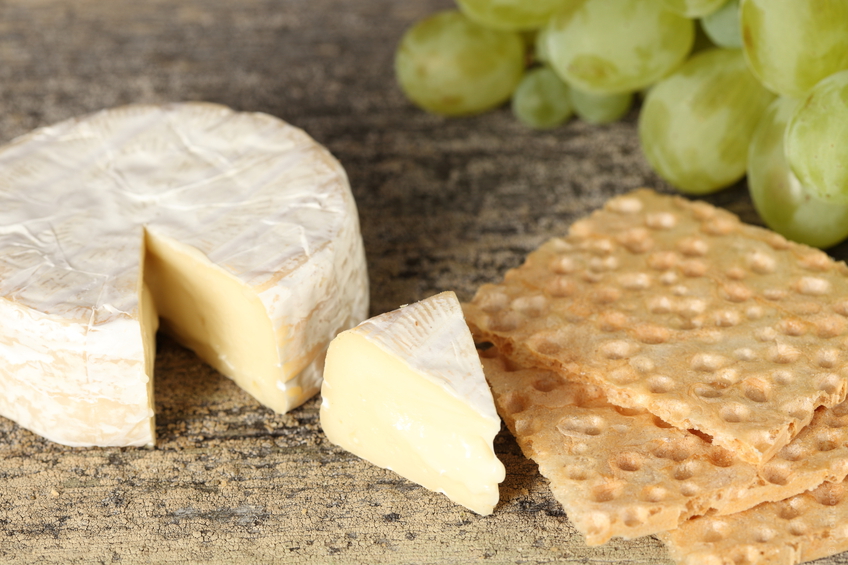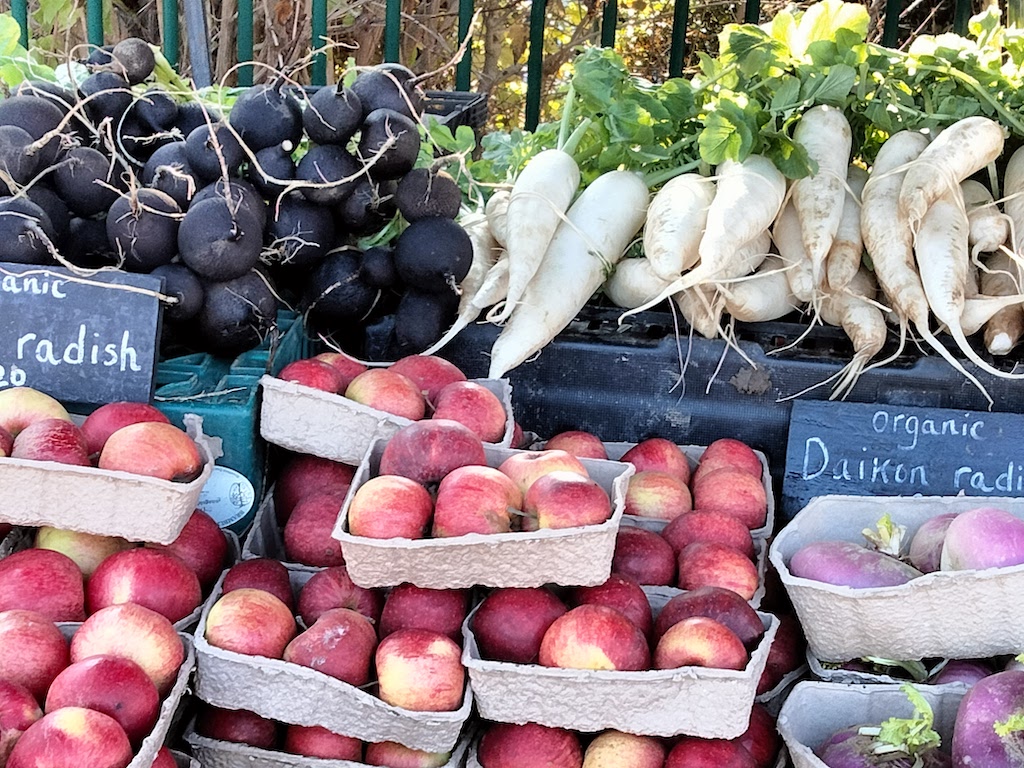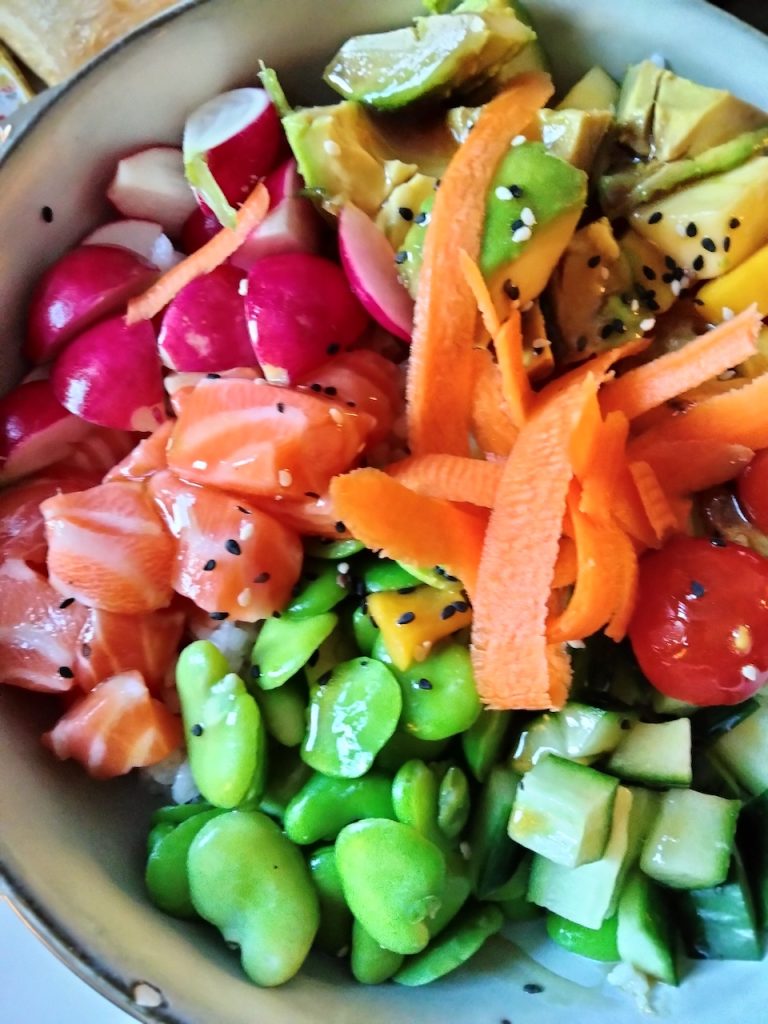Snacks: Best Low Calorie Dairy Snacks
Snacks are no longer considered to be ‘bad’ or a diet taboo. These days, as long as you watch your calorie intake and choose wisely, you can graze on small meals and low calorie snacks several times daily and still maintain or even lose weight. So, what is the criteria for ‘healthy’ snacks? Keep the following in mind when choosing your snacks:
- Offer between 100 and 200 calories
- Are fat-controlled, providing 0g trans fats and 3g saturated fat or less per serving
- Are relatively low in sodium; strive to limit the sodium in your low calorie snacks to 400mg or less
- Are nutrient-rich: a good food source of protein, dietary fiber and/or key vitamin and minerals (such as iron, vitamins A, C or calcium)
- Offer a little something extra: are available in calorie-controlled portions, contain no high-fructose corn syrup and little added sugar; are gluten- or lactose-free, have added omega-3 fatty acids, etc…
There are low calorie snacks for every craving: sweet, smooth and creamy, crunchy and salty and everything in-between. For part 1, we will concentrate on those that fall under the ‘dairy’ category, such as cheese, milk, puddings, etc. Unless you are lactose intolerant, or have an allergy to milk, there is no reason to avoid dairy products. These snacks are all about convenience – they are widely available and take no preparation time/work.
Dairy: Top 5 low calorie snacks
Cheese snacks
- Cabot 75% reduced-fat sharp cheddar (block) or Laughing Cow mini Babybel light cheese rounds (individually wrapped, comes in small bags). These cheeses offer less fat but lots of flavor without being rubbery. Cheese is rich in both protein and calcium. A 2-oz. serving of the 75% reduced-fat Cabot sharp cheddar (lactose-free) provides 120 calories, 5g fat, 3g saturated fat, 18g protein and 400mg sodium. Two Babybel cheese rounds provide 100 calories, 6g fat, 3g saturated fat, 12g protein and 320mg sodium.
Fermented dairy snacks (yogurt & kefir)
- There aren’t many snacks that compare in texture and flavor to Greek yogurt. Though more expensive than other varieties, the difference is substantial. Choose plain or flavored, non-fat varieties and you’ll stay under 150 calories and take in more protein that you would choosing regular yogurt. If you like a little crunch try YoGreek vanilla + granola. It comes in a 4.6-oz. cup with a little ‘sidecar’ of granola. The snack provides 140 calories, .5g fat, 11g protein, 22g carbohydrates and is a good source of calcium.
- Kefir is a thick dairy beverage (like ‘drinkable’ yogurt) made by fermenting milk with kefir grains (lactic acid bacteria, yeast and polysaccharides). It’s a tangy, slightly effervescent drink that promotes digestive health and supports a healthy immune system. Choose non-fat or low-fat plain or flavored for snacks that are high in protein and calcium. This fermented dairy beverage also contains magnesium, riboflavin and vitamin B12. One cup of low-fat strawberry kefir provides about 140 calories, 2g fat, 11g protein and 20g carbohydrates.
Sweet snacks
- All Kozy Shack puddings are made with only all natural ingredients. They come in a variety of sizes (including ‘snack’ packs) and many flavors though the original rice pudding was the first and is a favorite. A 1/2 cup serving provides 130 calories, 2.5g fat, 4g protein and 24g carbohydrates. It’s also a good source of calcium and is a treat. They also make ‘no added sugar’ puddings that are sweetened with Splenda and offer only 70 calories per serving.
- Who doesn’t love chocolate milk? It was good for you when you were a child and is still a great choice, especially as a post-workout snack. Obviously regular chocolate milk does have lactose and sugar…to cut back on the sugar try Nesquik ready-to-drink no sugar added reduced-fat chocolate milk (comes in 8-oz. bottles). One serving provides 100 calories, 2g fat, 1.5g saturated fat, 8g protein, 13g carbohydrates and less than 200mg sodium.
Snacks are back in vogue – stay tuned for best low-calorie snacks part 2!








